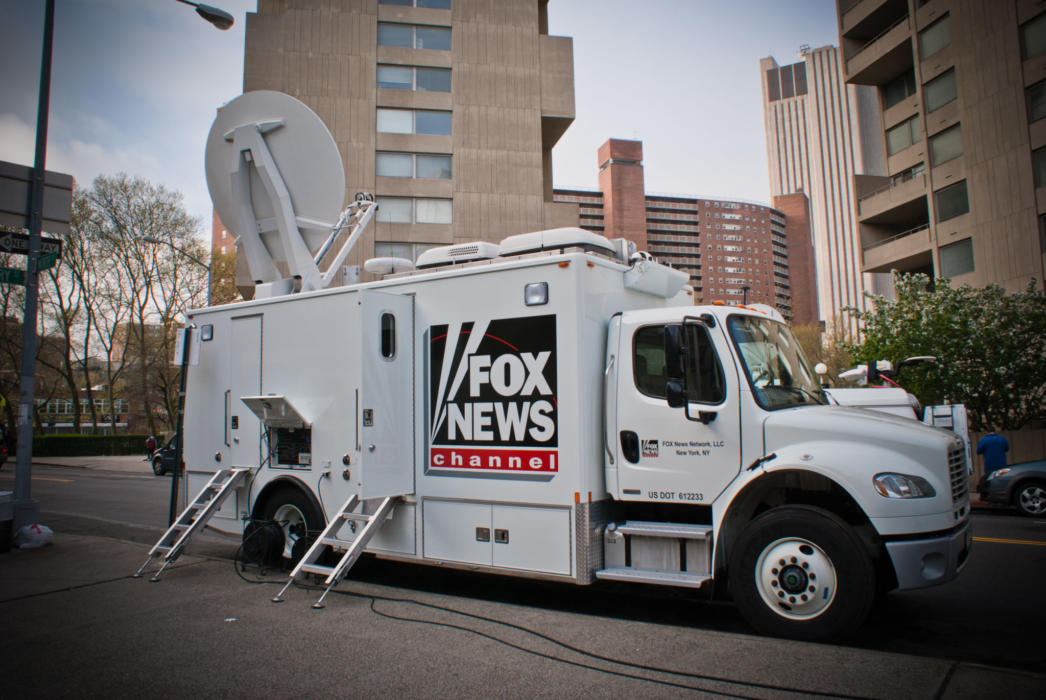Cheri Bustos represents the Illinois’s 17th congressional district, a seat she won in 2016 by over 20 points, while Trump carried it by 0.7 percent. According to Michael Kruse, she commissioned a report based on interviews with 72 Democrats who hail from the largely agricultural, blue-collar areas in the eight-state center of the country often referred to as “the heartland.” The title of the report is, “Hope from the Heartland: How Democrats Can Better Serve the Midwest by Bringing Rural, Working Class Wisdom to Washington.”
One of the people profiled is Terry Goodin, a state legislator who is the last Democrat in Indiana to represent an entirely rural area. Kruse describes him as a “pro-life, pro-gun, self-described ‘Bible-poundin’, aisle-runnin’ Pentecostal.” Here is a summary of what he said in the report:
…the Democratic Party is “lazy,” “out of touch with mainstream America,” relying on “too much identity politics” where “winners and losers are picked by their labels.” The Democrats in his district, he laments, “feel abandoned.”
That fits what we’ve heard in other profiles of rural Americans as the media focused on their plight after the election of Donald Trump. But Kruse visited Goodin’s district and recounts a story of what happened when they ran into one of his constituents named Delmis Burns, who was wearing a MAGA hat.
The two men fell into easy banter, and it didn’t take long for Trump to come up. Burns is still pleased with his choice. “They give ‘im hell,” he said, “and he gives it back.” At some point, Burns began talking about the time he was asked at work to train a new driver who was Muslim. He refused. “They’re taught to be nice to you,” he told Goodin, “and then they blow you up.”
Kruse is right to suggest that this interaction hits the nub of the Bustos report. The question it raises is whether or not Democrats can win back the support of someone like Burns.
Here is how Kruse describes Goodin’s district:
It used to have plenty of decent-paying, union-boosted jobs, anchored by the Morgan Packing plant. Now, there are far fewer, and paychecks for the ones that remain have gotten smaller. Two years ago, Goodin’s hometown of Austin, population 4,200, was the epicenter of “the largest drug-fueled HIV outbreak to hit rural America in recent history,” in the words of the Centers for Disease Control and Prevention. Resulting mostly from the sharing of dirty needles to shoot painkillers, more than 200 people were infected—a rate “comparable to some African nations,” the CDC said. Louisville’s Courier-Journal said Austin was at “the intersection of hopelessness and economic ruin.”
I was anxious to read suggestions from the people interviewed for this report about what Democrats could propose on economic issues to reach people in those rural areas. It never came. Instead, I read a lot about how Democrats need to be more diverse when it comes to their positions on guns and abortion. But even that doesn’t tell us much. For example, here’s how Goodin describes his position on abortion:
Goodin told me he considers abortion “a religious issue,” something that “needs to be discussed in church.” He said, “I’m pro-life. I’m not pro-abortion.” He added, “I’m a Christian. At the end, I’m going to answer to one entity, and that’s God.” Politically, though, what does that mean? “Ultimately, the law of the land says that it’s legal,” he said. “I’m a pro-life Democrat who believes in individual rights and personal freedoms.”
That sounds surprisingly similar to what a lot of “elite” Democrats would say about their position on abortion. John Kerry comes to mind. It is precisely why most liberals define themselves as “pro-choice.”
There was also a more general comment on Democrats from John Gregg.
For Democrats to beat Republicans in areas like this in Indiana is “an uphill battle,” said John R. Gregg, the centrist Democrat who ran for governor in 2012 and 2016 and lost to current vice president Mike Pence and current governor Eric Holcomb, respectively. “All they’ve gotta do in Indiana is just say the words Hillary Clinton, or liberal, or Barack Obama, or Democrat, and it gets people nervous. I’ve heard Terry remind them … ‘Hey, wait a minute, I’m a Democrat—but I’m an Indiana Democrat.’”
In other words, simply naming Clinton or Obama is enough to put people off. It would be interesting to dig a little deeper and see how people describe them.
What struck me as I read this is that the views expressed about “elitist coastal and urban liberals” sound very familiar. You hear it a lot if you watch Fox News (or follow other right wing media personalities). As an example, Goodin explained how his friend Delmis Burns came to believe that all Muslims want to blow us up.
…what he said about the Muslim guy—the reason he said that is there’s no Muslims around our area. So he just don’t trust ‘em. He don’t know who they are.
Given that Burns doesn’t know any Muslims (or “elitist coastal and urban liberals”), how does he develop his views about them? My hypothesis is that he got that from watching right wing media and/or living in a community that gets their views from right wing media.
Personally, I’ve lived in coastal areas as well as in the heartland. I’ve also lived in urban areas, small towns, and suburbs. Based on that experience, the description of Democrats I read in this article doesn’t comport with the views of liberals I know any more than they describe the policies proposed and/or implemented by people like Clinton and Obama. They are the caricatures I see exploited on Fox News. That is why the biggest hurdle Democrats may face in winning back rural voters could be overcoming the lies told by right wing media.



